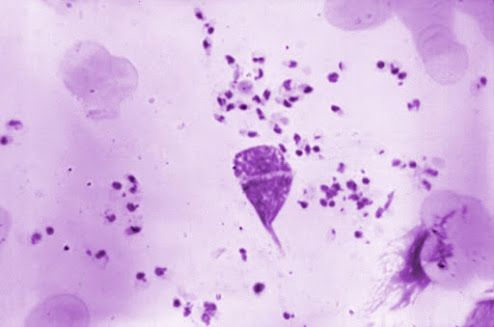 |
| Photo Credit: RF._.studio |
New raw vaccine materials that could make vaccines more accessible, sustainable, and ethical have been discovered.
Adjuvants are vaccine ingredients that boost a person’s immune response to a vaccine, providing greater protection against disease. One of the most prevalent adjuvant materials used in vaccines is squalene, which is typically sourced from shark livers.
Researchers at the University of Nottingham collaborated with the Access to Advanced Health Institute (AAHI) to identify synthetic alternatives to squalene that ensure sustainable, reliable, and ethical sourcing of adjuvant raw materials for vaccines moving forward.
New synthetic adjuvant materials were developed from commercially available methacrylate monomers, ensuring that a reliable supply of the material is continually available.
The combination of these adjuvant materials is scalable through catalytic chain transfer polymerization, a process that allows high levels of control over the molecular weight of the product polymer. Controlling the molecular weight is key to the use of adjuvant material in formulations for vaccines as it allows for purification in the manufacturing process and optimizes biological responses following immunization.

.jpg)
.jpg)
.jpg)






.jpg)





.jpg)